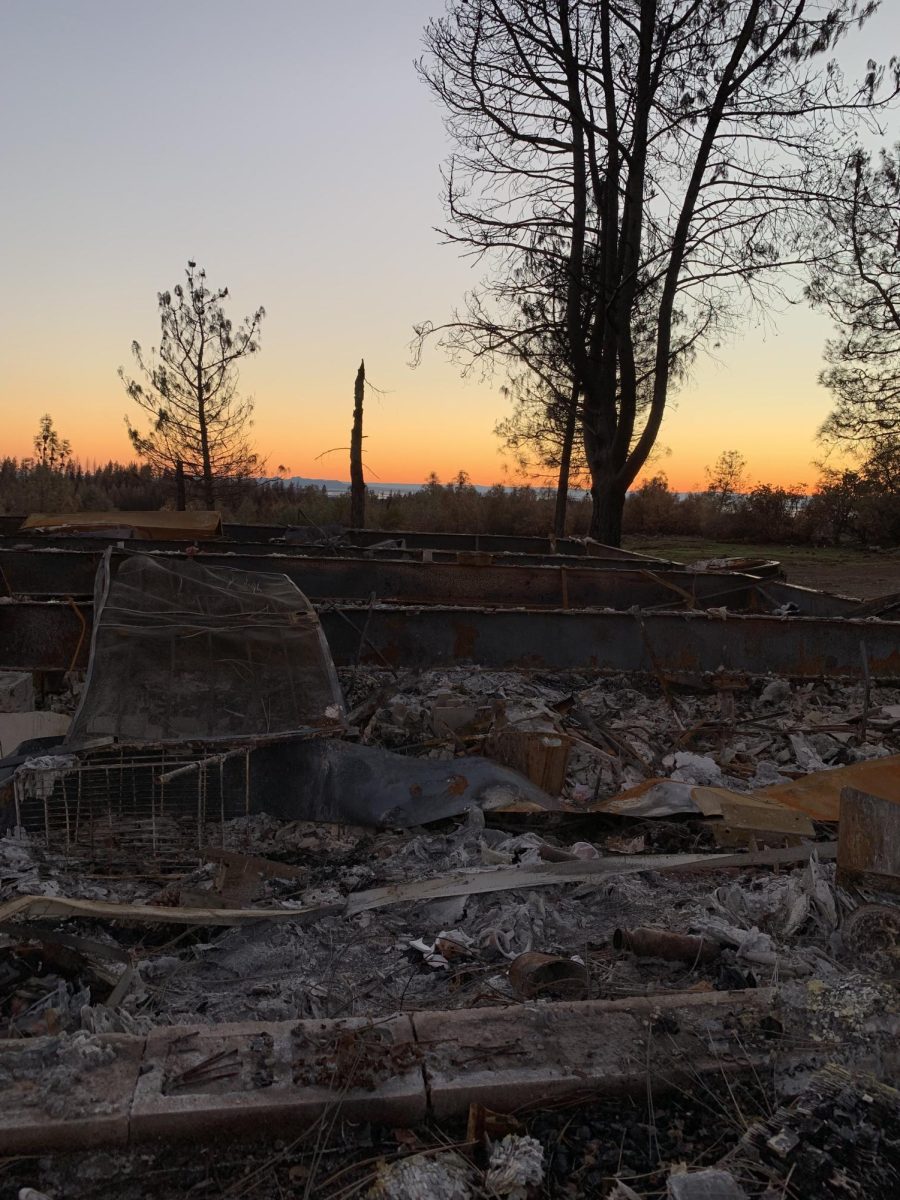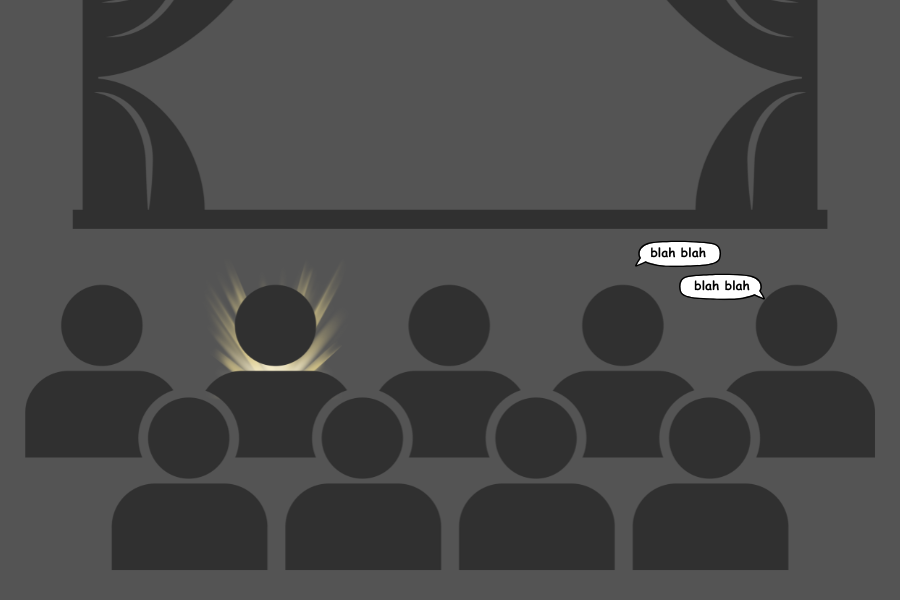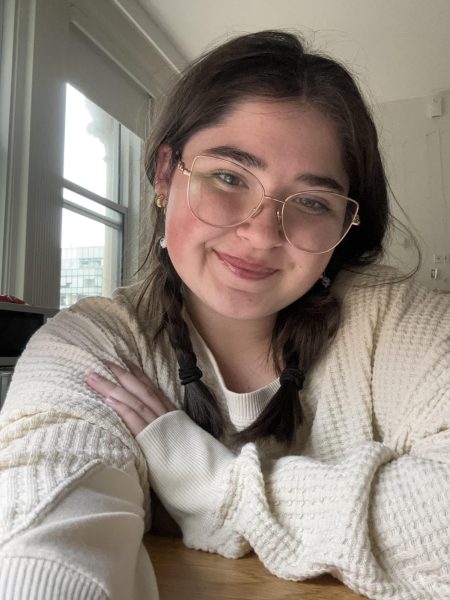Throughout the 67th Annual Grammys Award show, in between jaw-dropping performances and well-deserved awards, there would be a QR code displayed on the screen. This was the Grammys’ way of showing their support for those impacted by the Palisades Fire and raising money that would go toward rebuilding the community. Despite their best efforts, this comes off as hollow and more of a spectacle than the whole show itself.
A singular Grammy costs $800 to be made. As of 2024, there are 94 categories in which artists can win a Grammy. That comes out to $75,200 just for the awards themselves. That’s not including the venue, catering, the performances and everything else that comes with the extravagance of an awards show.
Instead of taking that money and putting it towards the Palisades fire, they flashed a QR code onto the screen and expected the viewers to do the hard work for them. In the background, just obscured by these graphics, are billionaires and people worth more money than what was lost in the fires, clinking champagne glasses.
It feels hypocritical; these people are living in the height of luxury, but you, the average American, are being asked to shoulder the burden of helping those suffering. Admittedly, a lot of celebrities have not only been affected by the fires personally but have also made donations. It’s not so much the superstars that the betrayal comes from, but rather the establishment they have to take part in.
Obviously, it’s not fair to only ask celebrities to donate or to only ask the other 99% percent to donate. With tragedy like this, there is a fine line that needs to be walked. And repeatedly assaulting viewers with a QR code does not walk that line in the slightest.
As a Californian and someone who has lost their home to a wildfire, I have an interesting perspective on the situation. I have been watching a devastating cycle begin to form in my home state. The fires have been getting deadlier and deadlier for years but the only way to garner people’s attention is for the more well-known cities to burn.
In 2018, the Camp Fire decimated my hometown and killed 85 people. That is still the highest death toll of any California wildfire to date. Interestingly enough, it did not nearly receive the same amount of news coverage as the Palisades Fire.
This is, in part, due to location. The Palisades Fire has affected more people despite being smaller by archeage. With how jampacked Los Angeles is, this is not all that surprising. But, that fact doesn’t take away the bittersweet taste in my mouth.
Were those affected and lost in the Camp Fire not as important as those in the Palisades Fire? Where were our flashy QR Codes?
It felt like pulling teeth just to get someone to talk about our fire. And when we did get notable figures to recognize us, they failed us. President Donald Trump flew out to see the wreckage left in the wake of the Camp Fire. While walking through the ruins of the homes of Americans who most likely voted for him, he repeatedly called their town by the wrong name.
This erasure is something that I’m seeing currently happen with the Palisades Fire as well; calling it the “LA fires.” While not entirely wrong, it’s not the full truth either. This is the exclusionary language that leaves those who don’t claim Los Angeles as their home in a strange grey area.
I would know, as the Camp Fire is more notably known as the Paradise Fire, despite the fact that I do not and have never claimed Paradise. It is something, similar to the fires themselves, that grew wildly out of control. It’s demeaning to argue with strangers, to insist that they call it the right name. They usually shrug you off and can’t comprehend why this feels so scathing.
Tragedies are touchy subjects and there is hardly a handbook out there on how to handle them appropriately. I think, more than anything, situations like this need to be handled with more grace and more nuance. The thought behind most actions is there, but the execution is simply not. QR codes have a time and place and I do not believe it’s with wildfires and disasters.









